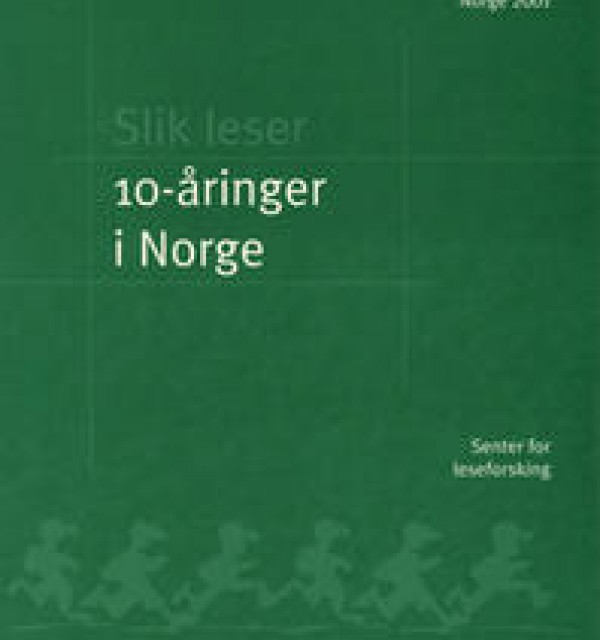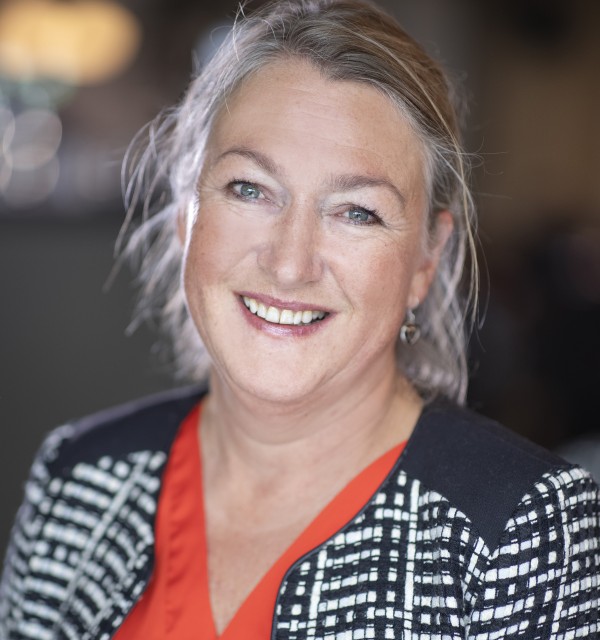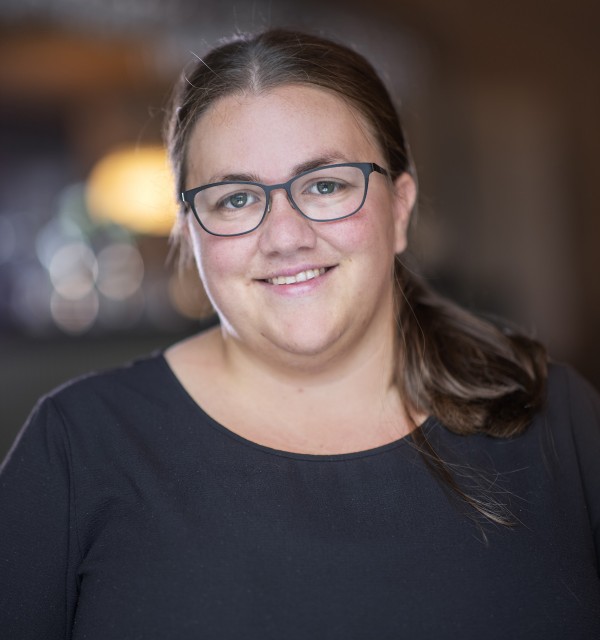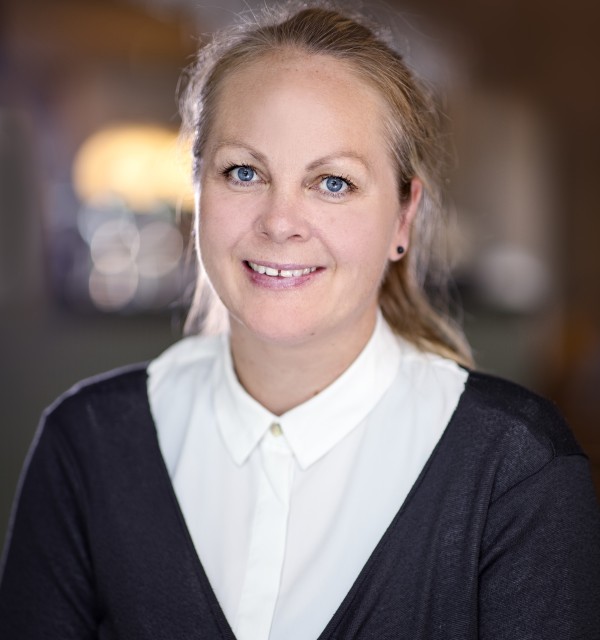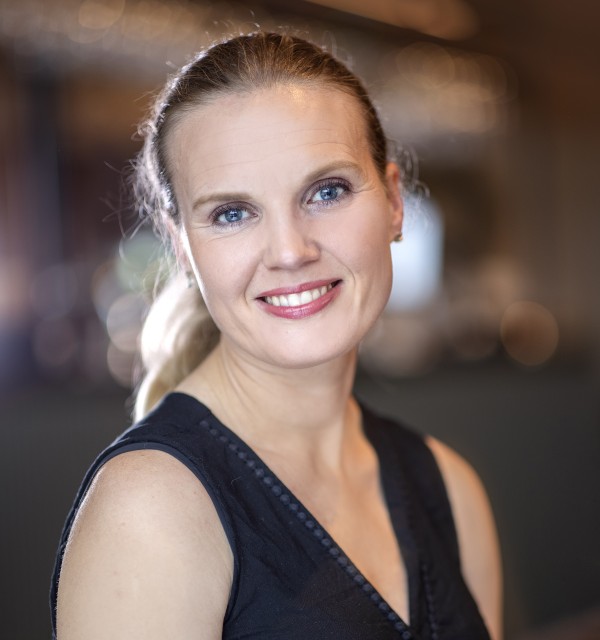PIRLS assesses the reading skills of 10-year-olds around the world.
PIRLS is an international reading survey, assessing the reading skills of 10-year-olds in around 50 countries.
Approximately 8000 Norwegian pupils participate in PIRLS 2021.
PIRLS was also conducted in 2001, 2006, 2011 and 2016.
PIRLS is governed by The International Association for the Evaluation of Educational Achievement.
The Norwegian Reading Centre has carried out PIRLS in Norway since 2001.
Reading is a basic skill which is fundamental for children’s learning and development.
What is reading?
"Reading literacy is the ability to understand and use those written language forms required by society and/or valued by the individual. Readers can construct meaning from texts in a variety of forms. They read to learn, to participate in communities of readers in school and everyday life, and for enjoyment." Mullis & Martin (2019) PIRLS 2021 Assessment Frameworks. Boston College, Chestnut Hill, MA (USA).
http://pirls2021.org/frameworks/home/reading-assessment-framework/a-definition-of-reading-literacy/
PIRLS - an international study
Reading is vital for childrens’ learning and development. PIRLS is an international study of the reading skills of 10-year-olds. Around 50 countries globally participate in PIRLS.
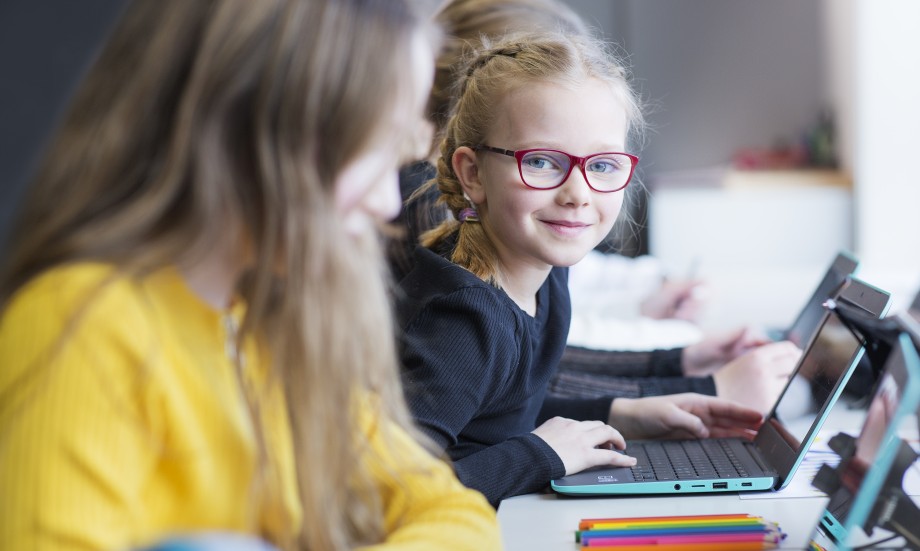
Pupils participating in PIRLS read booklets with a selection of literary and informational texts, and answer corresponding questions. The questions are multiple choice and open questions, where the pupils must formulate their own, written answers.
In addition to assessing the pupils’ reading skills, PIRLS also provides us with important background information from questionnaires to pupils, teachers, principals and parents. The questions in the questionnaires regard issues that have relevance for the development of children's reading skills.
PIRLS is a trend-survey, and is conducted on a 5-year cycle. Previous PIRLS surveys were conducted in 2001, 2006, 2011 and 2016. Norway has participated in all PIRLS surveys, and will also participate in 2021.
PIRLS is overseen by The International Association for the Evaluation of Educational Achievement (IEA), and is carried out in Norway by The Norwegian Reading Centre. The Reading Centre has been responsible for conducting PIRLS in Norway since PIRLS 2001.
Target groups
5th grade pupils are the participants in PIRLS 2021 in Norway. Children start school at different ages around the world, and in PIRLS 2016 the participants’ ages varied between 9.6 and 10.9 years. Internationally, the target group for PIRLS is defined as pupils who are in their fourth year of formal reading instruction. Norway has participated with both 4th and 5th grade pupils since 2006.
Reading in PIRLS
PIRLS addresses three aspects of reading:
- Why we read
- Understanding what we read
- Attitudes towards reading and what we do when we read
PIRLS maintains that we mainly read for two purposes: For pleasure, and in order to gain knowledge/information. The tests therefore contain both literary texts and expository/informational texts.
PIRLS collects data on children’s reading literacy through questions associated with four different areas:
- retrieval of explicitly stated information
- making straightforward inferences
- interpreting and integrating ideas and information
- examination and evaluation of content, language, and textual elements.
Reports and results
IEA reports the results from all participating countries in PIRLS. Participating countries may produce national reports. The Norwegian report presents the Norwegian results and is followed up by a number of other publications (partial reports, dissemination articles, etc.).
Visit TIMSS & PIRLS online to access the full PIRLS 2016 report.




